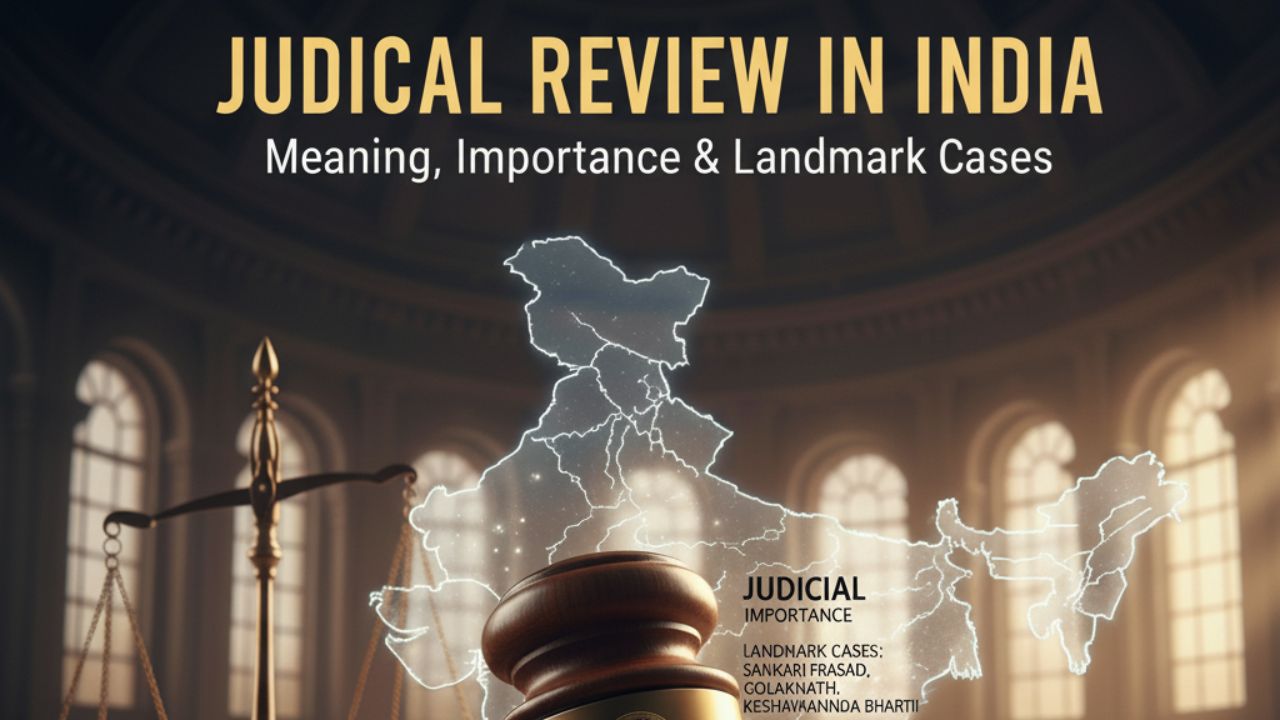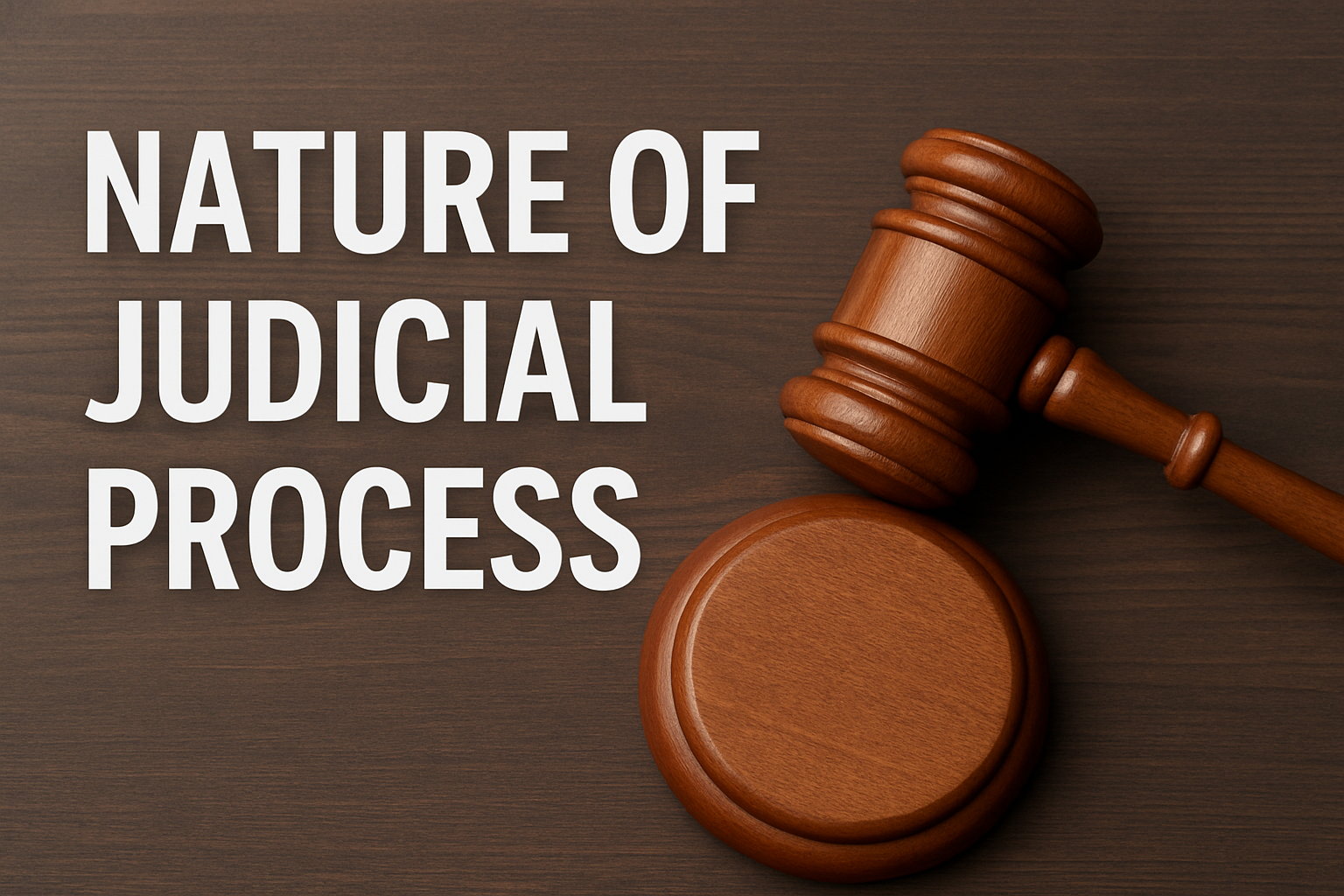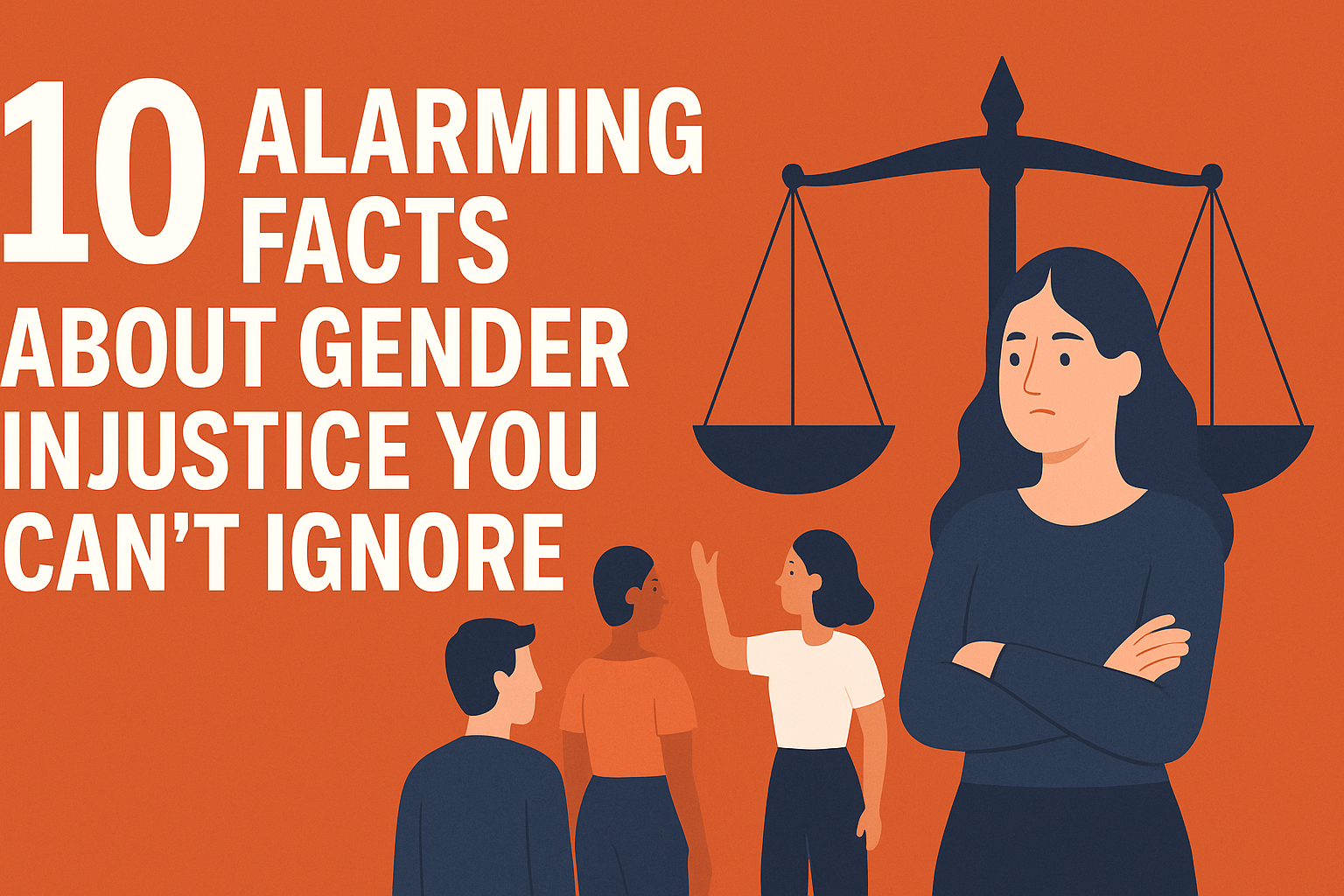
Judicial Review in India: Meaning, Importance & Landmark Cases
Judicial Review in India: Introduction Judicial Review in India is one of the most powerful duties of the courts. It…
![]()

Judicial Review in India: Introduction Judicial Review in India is one of the most powerful duties of the courts. It…
![]()

Nature of the Judicial Process: Introduction In this post, we will delve into the details of the basics of the…
![]()

Introduction – The Real Talk Before You Migrate Tips to Migrate Blogger Blog via Google Takeout: I have been blogging…
![]()

7 Alarming AI Deepfake Cases: Nowadays, AI deepfake cases are increasing very rapidly. Initially, when AI deepfakes emerged, they were…
![]()

Arrest Rules Every Indian Must Know: I am a law graduate and have a experience of imparting lecture on the…
![]()

Introduction — Why You Should Learn About the US Court System I am a diploma holder in International Contract Law…
![]()

Kamchatka’s East Coast: On the morning of July 20, 2025, the ground shook violently near the east coast of Kamchatka….
![]()

1.Introduction – Why This Issue Matters Today Every day, in many parts of the world, women suffer quietly. They face…
![]()

Introduction: We often ask What are some interesting facts about gender inequality? and yet we find many shocking truths. We…
![]()

Introduction : The Legal World is Changing Faster Than You Think Not long ago, legal work meant hours spent flipping…
![]()